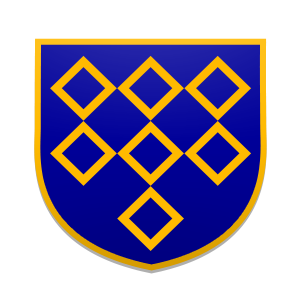Maths
At St William of York Catholic Primary School, we aim to ensure that all children have a deep understanding of the Maths they are learning. For understanding in Maths to be secure, learning needs to be built on solid foundations.
We understand the importance of children knowing more than isolated number facts and methods. At St William of York Primary School, we follow the White Rose Scheme of learning to ensure children have a full understanding of mathematical concepts, methods, and relationships between the different areas of Maths, such as addition, subtraction, division and multiplication.
Children at St William of York are encouraged to express their mathematical reasoning. We understand that mathematical language is crucial to children’s thinking and understanding. Key language and stem sentences are displayed on learning walls to promote reasoning during lessons and to support children to justify their thinking.
Supporting Number Fluency Resources
Times Tables Rock Stars Yr 2 & KS2: https://play.ttrockstars.com/
Numbots KS1: https://play.numbots.com/
Maths Mastery
• Achievable for all
• Deep and sustainable learning
• The ability to build on something that has already been sufficiently mastered
• The ability to reason about a concept and make connections
• Conceptual and procedural fluency
Teaching for mastery
In order to effectively teach for mastery, the following are essential:
• High expectations for every child
• Fewer topics covered in greater depth
• Number sense and place value come first
• Problem solving is central
• Challenge is provided through an increased depth, rather than acceleration of content
The concrete, pictorial, abstract approach (CPA)
In order for children to become fluent with number and master mathematics, we use the CPA approach.
Concrete: The concrete stage is the ‘doing’ stage, this brings concepts to life by allowing children the experience of handling physical objects.
Pictorial: The pictorial stage, is the ‘seeing’ stage. This is when children are encouraged to visualise concrete experiences and draw representations of these.
Abstract: The abstract stage is the ‘symbolic’ stage, this is when children use mathematic symbols to model problems.
